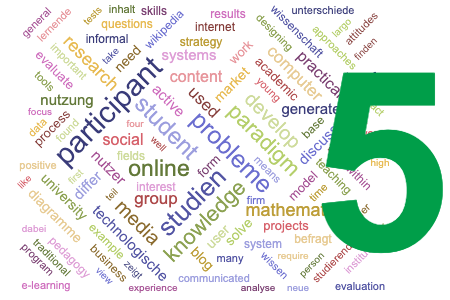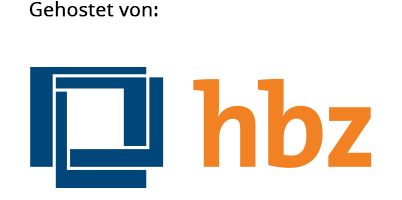Analysis, Design and Implementation of Personalized Recommendation Algorithms Supporting Self-organized Communities
Schlagworte:
collaborative filtering, e-learning, information retrieval, personalized recommendation, self-organized communityDownloads
Veröffentlicht
2009-07-09
Ausgabe
Rubrik
Dissertationen



